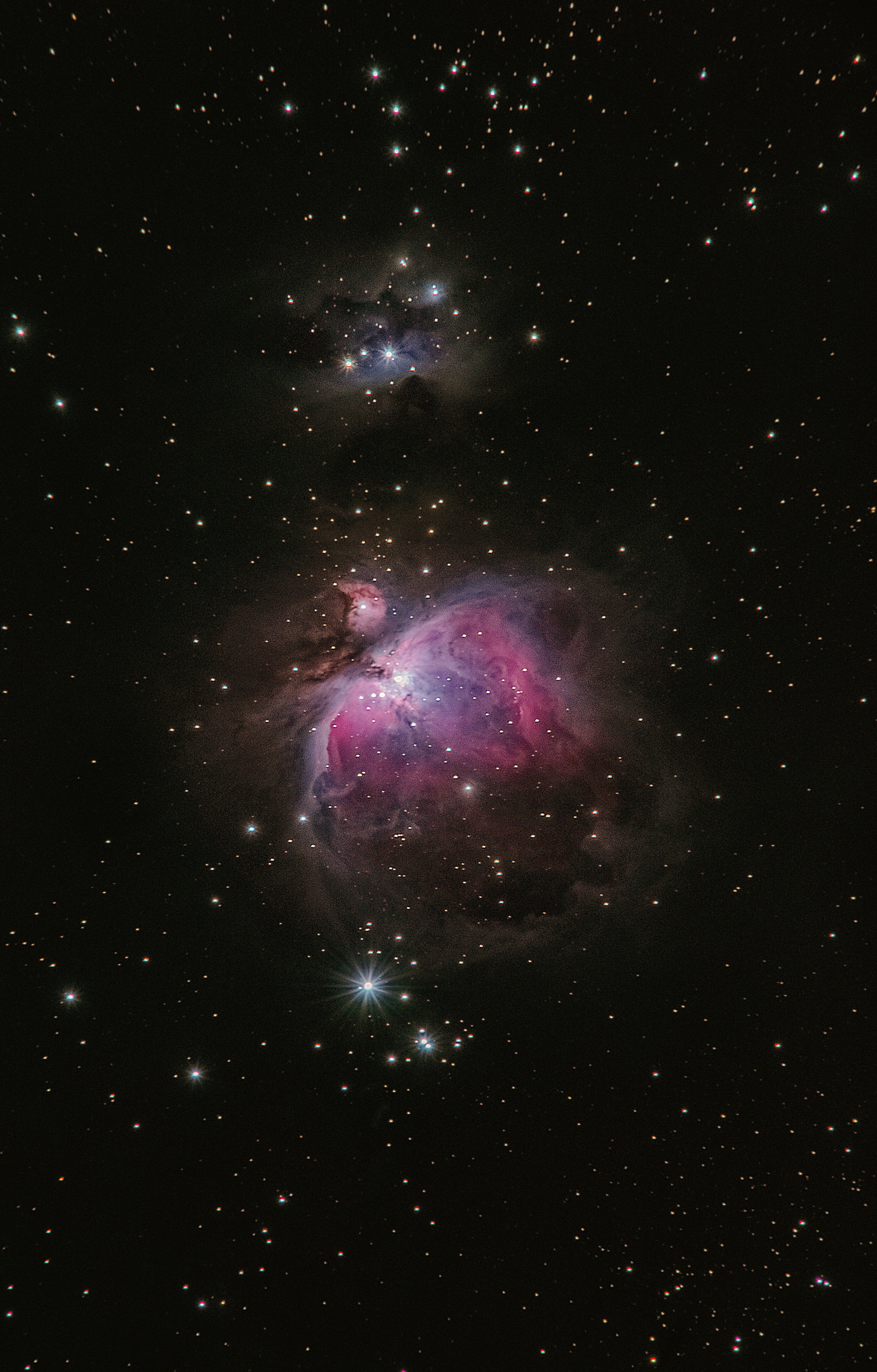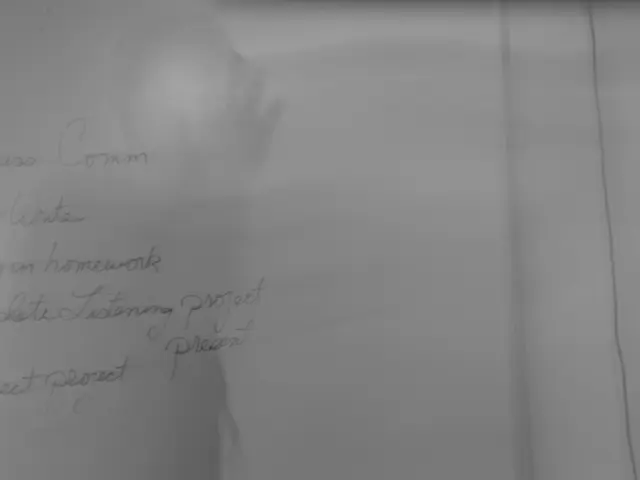Imbalance in Assessing Threats versus Neglecting Them
In a recent encounter, I met a lady hailing from Belarus who shared a grim tale post the Chernobyl nuclear disaster of 1986. As a kid, she was forced to abandon her radioactive-contaminated home, relocating permanently due to the devastating aftermath. She painfully recounted the horrific cancer-induced deaths of many close ones, including children, in the wake of the catastrophe.
This conversation sent chills down my spine, as just recently I published a book that referenced assessments suggesting a surprisingly low death toll from the accident. The World Health Organization (WHO) estimated that fewer than 50 individuals lost their lives due to radiation exposure in the two decades following the disaster, mostly first responders exposed to extreme radiation levels.
The stark contrast between these two opinions left me grappling with an age-old problem. As a journalist delving into nuclear power and its role in combating climate change, I've constantly wrestled with weighing risks. I've navigated the perilous lines between overestimating risks and underestimating them, especially in the context of the San Onofre and Diablo Canyon nuclear plant controversies.
If we overlook nuclear power's perils, we risk contamination, endangering public health. On the flip side, if we overstate the hazards, we could miss out on a crucial tool for weaning ourselves off fossil fuels. If I downplay the dangers, anti-nuclear activists would regard me as naive, perhaps even an industry puppet. If I highlight the perils, pro-nuclear advocates would view me as an alarmist, accusing me of fearmongering. Most critically, I pondered the likelihood of misguiding readers about these decision-critical matters.
My predicament intertwined with another question. When should we trust the authorities and when should we distrust them? The history of nuclear power illuminates this query with intrigue. The anti-nuclear movement in the '70s evoked a deep-seated mistrust of authority and institutions. Nuclear power was advocated by an enigmatic "nuclear clergy" of scientists and bureaucrats, who seemed secretive and disdainful. Protesters brandished signs bearing messages like "Hell no, we won't glow" and "Better active today than radioactive tomorrow." To be anti-nuclear was synonymous with the anti-authority left-wing ethos of the era.
Now, times have changed drastically. Recently, scientists have urged us to decarbonize our energy systems, and in progressive circles, scientists and experts enjoy renewed respect (owing partly to staunch anti-science sentiments from right-wing voices). Agencies like the International Energy Agency and the Intergovernmental Panel on Climate Change assert that nuclear power can play a vital role in that decarbonized system. Official estimates of fatalities from nuclear accidents are rather minimal, while the torment inflicted by climate change is increasingly evident. Consequently, countless environmentalists and progressives, including me, have become more open to nuclear power.
Yet, I am haunted by the extent to which I rely on the authorities' assurances. If we never challenge the authorities, we become simple-minded believers, but if we never trust them, we risk becoming unhinged conspiracy theorists.
Though this predicament hits home especially for a nuclear power journalist, it is essentially universal in our era of info chaos. When deciding whether to wear masks, vaccinate kids, confront climate change, or evaluate the toxicity of everyday items, we are all juggling risks and trusting experts.
Lately, matters have grown even more intricate. As President Trump slashed federal agencies and funding for the National Institutes of Health and universities, doubts linger over the organizations' ability to provide reliable info, both due to diminished capacity and concerns about funding limitations affecting their work.
I have learned several lessons to navigate these difficulties. Don't assess dangers in isolation; put them in relation to the broader context. Take expert analyses and personal testimony with a pinch of salt. Avoid aligning with any particular camp or faction. Be truthful with yourself and others about your biases and inclinations.
By following these principles, I arrived at the conclusion that nuclear power indeed poses risks and difficulties but can be a viable low-carbon power source if handled judiciously, complementing other options. However, we must acknowledge that our knowledge remains far from perfect. Our comprehension of the world is perpetually evolving as does the world itself. I've come to accept that straddling the line between naivety and alarmism is just part of the contemporary condition, and I'll keep striving to avoid veering too far in either direction.
Rebecca Tuhus-Dubrow, a journalist stationed in Orange County, authored the book "Atomic Dreams: The New Nuclear Evangelists and the Fight for the Future of Energy."
Further Reading
- Voices ### Contributor: On autism and vaccines, there are lies, damned lies, and statistics
- Voices ### Contributor: Small nuclear reactors are no fix for California's energy needs
- Voices ### Contributor: The Trump administration is ignoring far-right terrorism. That only makes it more dangerous
- In her book, "Atomic Dreams: The New Nuclear Evangelists and the Fight for the Future of Energy," Rebecca Tuhus-Dubrow discusses the risks and benefits of nuclear power, emphasizing the importance of handling it judiciously.
- Tuhus-Dubrow also touches upon the political context surrounding nuclear power, exploring the debates between nuclear advocates and critics, as well as the role of authorities and experts in shaping public opinion.
- Encountering a Belarusian woman who shared her harrowing experience after the Chernobyl disaster reaffirmed the devastating impact of radiation exposure on health and the environment.
- Governments and international organizations, such as the World Health Organization, have issued assessments regarding the fatalities caused by nuclear accidents, with varying estimates and opinions.
- The political landscape often influences public perception of nuclear power, with activists in the 1970s vehemently opposing nuclear power due to mistrust of authority and perceived secrecy.
- Today, progressive circles are more open to nuclear power as scientists and experts assert its potential role in combating climate change and decarbonizing the energy system.
- The ongoing scientific debate over the risks and benefits posed by nuclear power has left many, including journalists like Tuhus-Dubrow, in a predicament, balancing between being seen as naive or an alarmist.
- In the era of information chaos, people are continually grappling with decision-critical matters, such as evaluating the toxicity of everyday items, confronting climate change, and trusting experts, while maintaining skepticism towards authorities.
- As the Trump administration slashed federal agency funding and research grants, concerns have arisen over the reliability of the information provided by organizations like the National Institutes of Health and universities, highlighting the complexities of making informed decisions in contemporary times.







